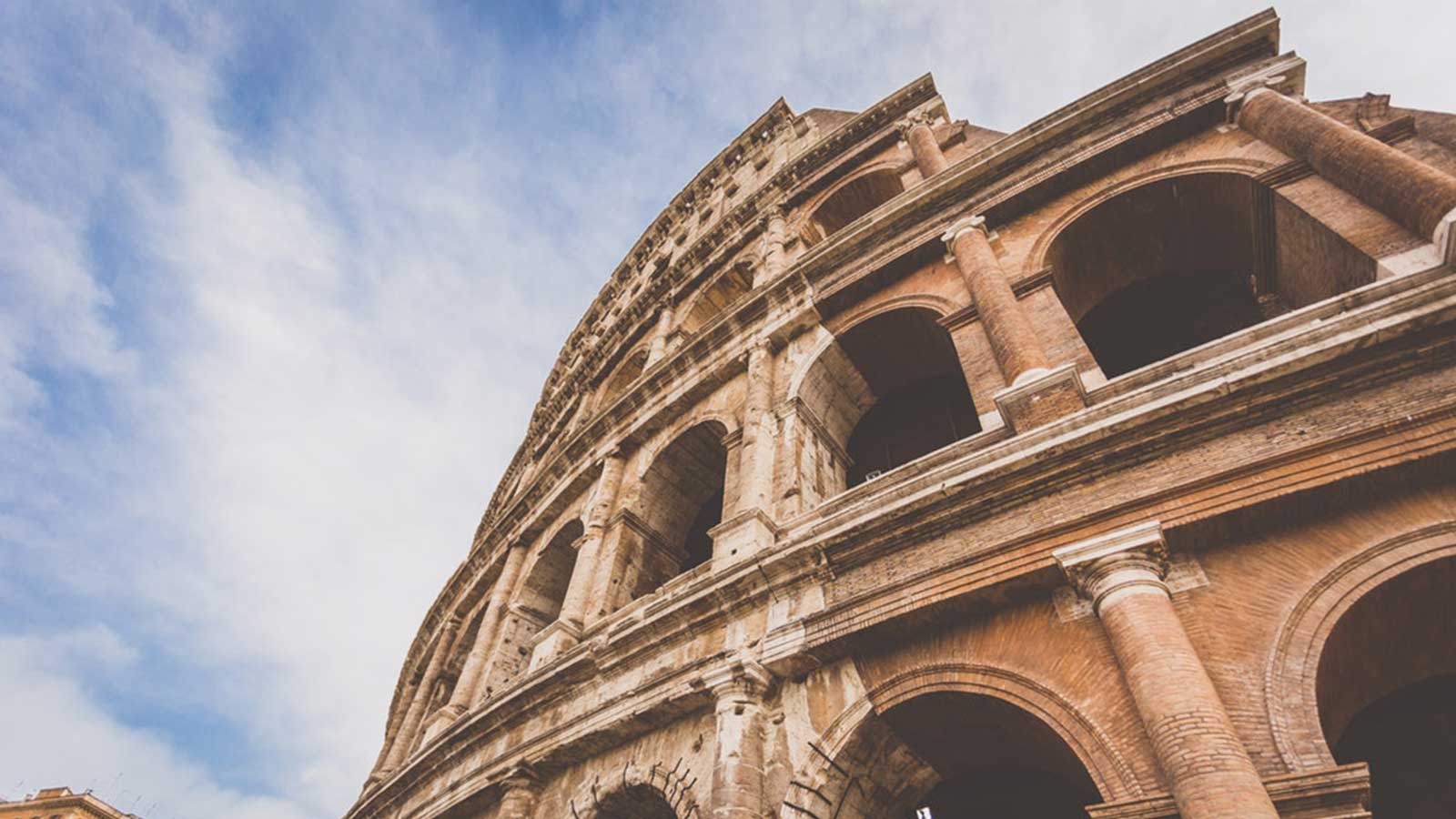

Sic semper tyrannis is a phrase with a somewhat problematic history. Herbert Croft, The Wreck of Westminster Abbey, 1788ĭefinition - "thus always to tyrants" - motto of Virginia

However I, among others like myself, must submit to their controul and that my book might wear a better Frontispiece, than a false Title Page and catching Motto, have prefixed a Representation of the Tomb elevated to the memory of the two most enlightened, most able, most liberal, most engaging, and, tout-ensemble, most worthy Monarchs that ever sat on any throne since the deluge but had they not, as Horace observes, raised a "Monumentum ære perennius" to their memory, and which can never be effaced from the hearts of British subjects, the late tremendous fall of the Abbey might have mouldered their Marble Virtues in the obscurities of eternal night.

In the final poem in his third book of Odes, Horace boasts that his poetry will outlive any manmade monument: "Exegi monumentum aere perennius." ("I have made a monument more lasting than bronze.") Given that his words continue to be used two thousand years later, perhaps he's right. The Huddersfield Chronicle and West Yorkshire Advertiser, 2 Jul. Albans cathedral was viewed as subpar.Īmong the authors and printers whose portraits decorated these walls, no portrait of Caxton would be observed, for the simple reason that no authentic portrait had been handed down to us the well-known momumental inscription to be found elsewhere was, therefore, most appropriate in this place, " Si Monumentum Requiris, circumspice." Sir Edmund Beckett, the first Baron Grimthorpe, is the source of the word grimthorpe ("to remodel an ancient building without proper knowledge or care to retain its original quality and character"), after his attempted restoration of St. There are others who have not fared so well in terms of having their name placed in dictionaries in ways that relate to work on old English cathedrals. The phrase is generally used to describe a person's legacy - and can be taken to mean that what we leave behind (including intangible things like relationships) best represents our life. Wren's son placed a dedication nearby, which contains the words "Lector, si monumentum requiris, circumspice" ("Reader, if you seek a monument, look around you"). When its architect, Sir Christopher Wren, died twelve years later in 1723, he was entombed inside, under a simple slab of black marble. It took 35 years to complete London's magnificent St. Anon., The Case of those persons that have purchased soldiers arrears, the Irish transport debt, salt tallies, malt tickets, or an interest in any other deficient funds, 1698ĭefinition - "if you seek his monument, look around" Where Officers sold their Pay two or three times over, what Provision shall be made for the second or third Purchaser? Caveat Emptor is the common Answer, then let him have a better Bargain for the great Risque he runs, &c. Over time, the imperative of caveat emptor has been softened by warranties, both express and implied.Ĭaveat has been adopted directly into English, and has a small range of meanings, including "a warning enjoining one from certain acts or practices" and "an explanation to prevent misinterpretation." Emptor has likewise been taken directly into our language, although the word is far less common than caveat it has retained the rather narrow meaning of "buyer, purchaser." In early Roman law, sales of goods were governed by caveat emptor: buyers were advised to scrutinize the goods before purchase, because sellers had few obligations.


 0 kommentar(er)
0 kommentar(er)
